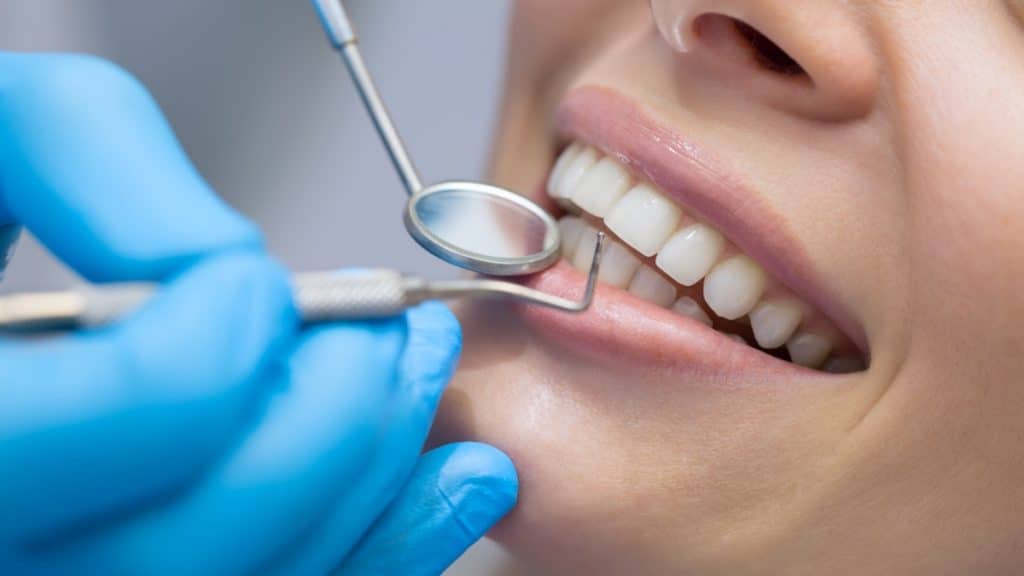Dental care is a critical part of managing your health needs, and it comes with many challenges, especially when you’re trying to keep your wallet as healthy as your teeth. We all want that sparkling smile, but without the huge dental bill that often comes with those treatments. The great news is that there are numerous strategies you can employ to significantly reduce your dental expenses without compromising on quality. Whether you’re due for a routine check-up or facing a more complex dental procedure, here we guide you through six practical ways to save money on your dental costs. So, let’s dive into these cost-cutting tips and keep your dental health and budget in perfect harmony.
Opt for Preventive Care
One of the most effective ways to minimize dental costs is by focusing on preventive care. Regular dental check-ups and cleanings are essential, not just for maintaining dental health but also for avoiding expensive procedures down the line. Routine visits can reveal potential issues early on, such as cavities or gum disease, which are much cheaper to treat in their nascent stages than when they’ve progressed. Plus, many dental insurance plans cover preventive care with little to no copayment, emphasizing its importance and cost-effectiveness.
Understand and Utilize Your Dental Insurance Benefits
First, make sure you are fully aware of what your insurance covers. Most plans provide 100% coverage for preventive care, substantial coverage for basic procedures like fillings, and partial coverage for major procedures. If you’ve been avoiding the dentist because you’re worried about the cost, remember that dental pain is not just uncomfortable—it can also become more expensive to treat if ignored. Using your benefits before the year ends is crucial, as many plans have a use-it-or-lose-it policy regarding annual maximums.
Choose Affordable Dental Care Providers
Another effective way to cut down on dental costs is by selecting your care provider wisely. Community dental clinics and dental schools often offer services at a reduced rate. These facilities are typically staffed by students in training, supervised by experienced dentists, which makes it a win-win situation—you receive quality care at a lower cost, and the students gain valuable experience. Plus, some dental practices offer sliding scale fees based on your income, which can make treatments more affordable for those on a tighter budget.
Get Cost Estimates for Treatment Options from Different Dental Practices
When facing a dental procedure, it’s wise to shop around for the best price. Different dental practices can have vastly different pricing structures for the same services. You can ask your dentist for a detailed cost estimate for any recommended treatments. Then, take that information and seek second opinions or cost estimates from other reputable dentists. This comparison can often save you a significant amount of money.
For example, the dental bridge cost might vary by hundreds of dollars between practices, depending on factors like location, materials used, and the dentist’s expertise. This step is crucial, not just to ensure you are getting a competitive price but also to understand all potential treatment options and their costs. Well-informed patients are better able to make decisions that align both with their health needs and their financial capabilities.
Consider Dental Discount Plans
If you find dental insurance too costly or inadequate for your needs, consider a dental discount plan. These plans work by providing a discount on all dental services from a select network of dentists for a yearly membership fee. Unlike traditional insurance, these plans don’t pay any of your dental fees, but they can offer substantial discounts, sometimes as much as 50%. This can be very helpful if you need multiple or costly procedures. Dental discount plans often include discounts on cosmetic dentistry and orthodontic treatments, which are typically not covered by standard dental insurance policies.
Practice Good Oral Hygiene at Home
The cornerstone of dental cost savings is good oral hygiene. Simply put, the better you care for your teeth daily, the less likely you will need costly treatments. Regular brushing and flossing can prevent a multitude of dental issues. Investing in a good toothbrush, whether manual or electric, quality toothpaste and dental floss can help preserve your oral health. Also, lifestyle choices such as reducing sugar intake, avoiding tobacco products, and drinking fluoridated water can also help maintain dental health and reduce the need for professional intervention.
Saving on dental costs doesn’t require cutting corners on your oral health. By engaging in preventive care, understanding your insurance benefits, shopping around for the best treatment prices, considering alternatives like dental discount plans, and maintaining rigorous oral hygiene, you can manage to keep both your smile and your wallet intact. Each of these strategies offers a practical approach to reducing dental expenses while ensuring you receive the care you need.
